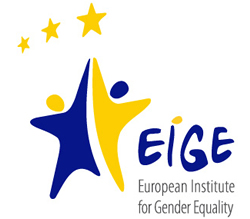EUROPEAN UNION
 A European Union Agency that promotes equality is not treating its own employees equally, a court has ruled.
A European Union Agency that promotes equality is not treating its own employees equally, a court has ruled.
The Lithuanian court judgement stated that five former employees of the European Institute on Gender Equality (EIGE) had for years been exploited by the status of ‘temporary employees’ so that the EIGE could to pay them less than normal EU staffers.
The ex-employees filed the court case against the Vilnius-based institute’s employment contractor last year, saying the compensation they received was discriminatory and seeking back payments for their work.
The former employees’ lawyer, Rytis Rudzinskas said the ruling could be a warning to other EU institutions.
“The plaintiffs contacted other EU bodies as part of their research to see if they were using similar employment practices. The Agencies that replied said they complied with labour rules,” Mr Rudzinskas said.
“However, the EIGE also argued it was following labour law, but the court took a different view.”
The EU has standards for compensating temporary employees, who are often taken on to help with peak work periods or short-term projects, or to cover for parental leave.
A central tenet of the rules is that workers not permanently employed by an Agency should still be paid equally for performing equal work.
The former employees said EIGE violated these rules. Despite working at the institute for up to three years, they earned significantly less than permanent employees — and even less than the Agency’s trainees.
They claimed that on multiple occasions, temporary employees’ salaries were cut with little notice, and their contracts had to be renewed regularly, between every three months and every year.
They also didn’t have the benefits of being a full-time staff member of an EU institution such as private health care and overtime compensation.
The institute and its contractor argued that temporary employees performed fundamentally different tasks from permanent staff.
Director of EIGE, Virginija Langbakk said in an email that “legal advice was sought when preparing the tender specifications” for jobs to be filled.
Vilnius, 2 March, 2019











